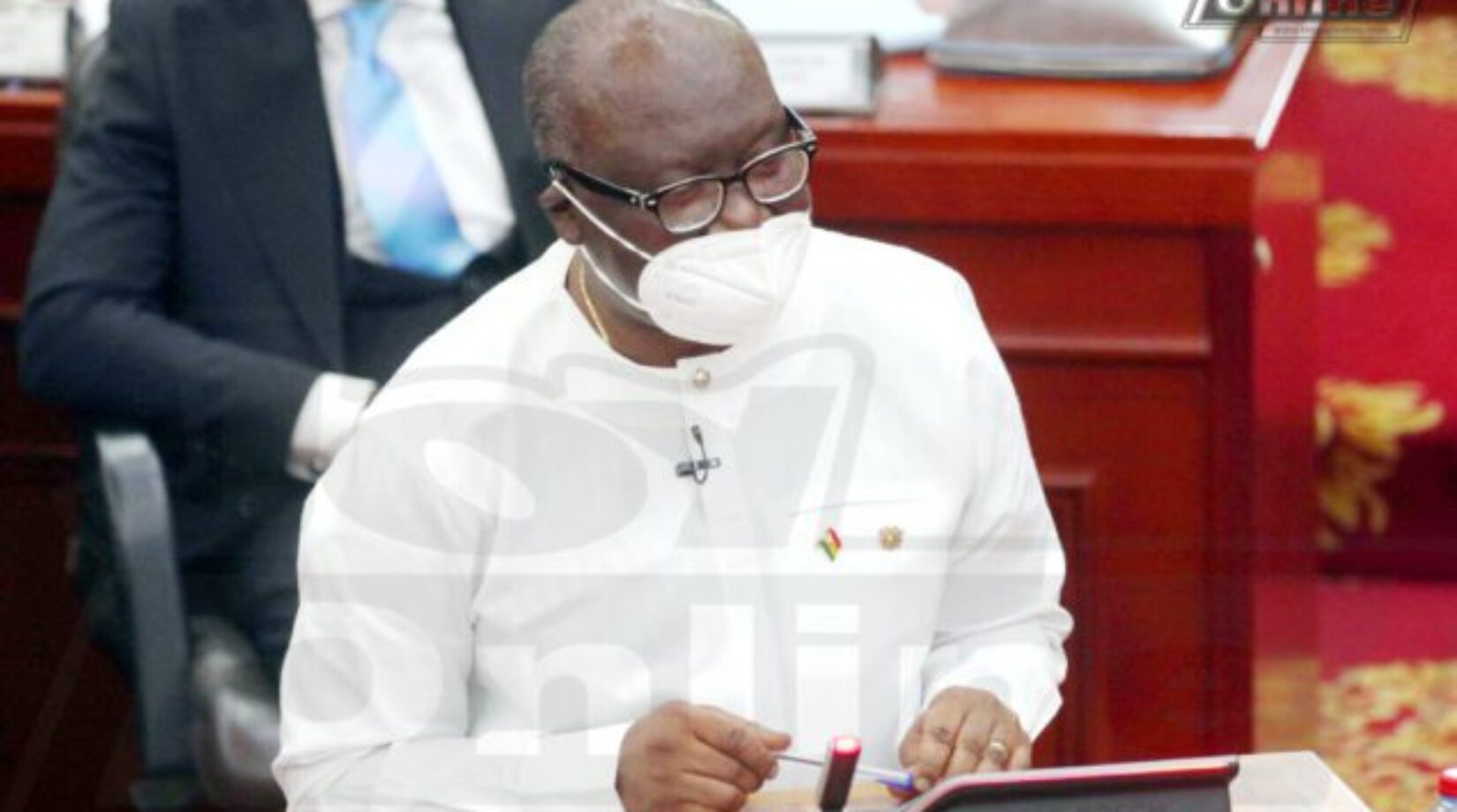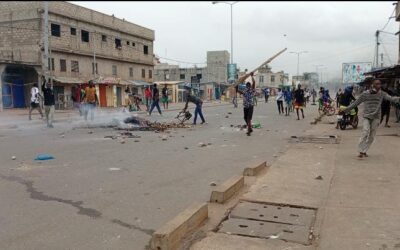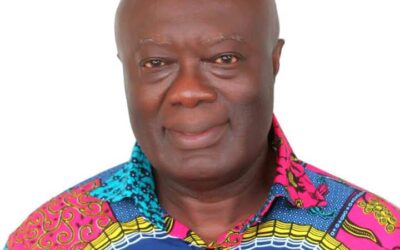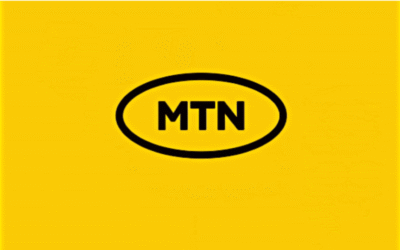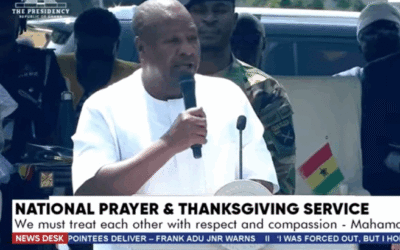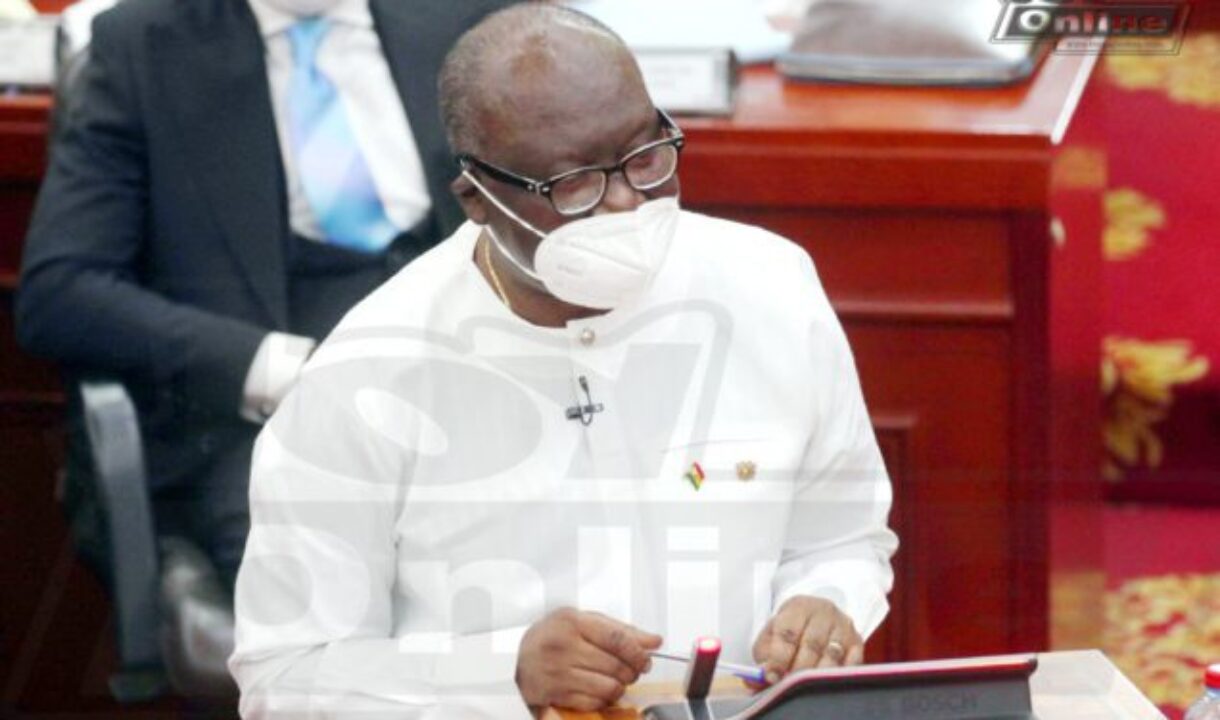By: Pascaline afriyie Boateng
Residents of Odorkor, in the Ablekuma North constituency have been left dismayed by the tough economic conditions in the country since the turn of the year.
The hike in fuel prices and it’s knock on effects on commuters, low sale values, and high purchasing power according to them, is ripping off and distracting their economic gains.
For a highly populated community, the dynamism of its economic structure lies in the affordability of commodities and products provided by market women and businesses.
“ The country is heading in the wrong direction, as a driver, I am worried when there’s an increase in fuel prices. Ironically, I should be pleased because of the monies I will get but once there’s an increase [in fuel prices], I’m greatly affected because of it’s rippling effects on commodities on the market. As a father with four kids, it’s my responsibility to fend for them. How am I suppose to deal with these with the little I make from my sales ?”, Kwame Danso, a driver at the Odorkor lorry station quizzed.
A large majority of citizens give unfavourable assessments of both their personal living conditions and the nation’s economic condition, and few are optimistic that things will improve during the coming year. Meanwhile, citizens’ ratings of the government’s performance on key economic issues are overwhelmingly negative.
“ This is what we have [government] and we expect them to do better than what they’ve exhibited in the last year. I for once, I’m always at the heart of the economic chain. Right from the produce of yam and pepper, I get contracted by farmers from Bono, Wenchi, Navrongo and Sunyani. I do more of a middle man role and have a shop in the market. Things are tough in the other regions how much more here [in Accra]. We hope there’s a change in our situation ”, Maa Dorcas, Queen of Odorkor market said.
Citizens’ gloomy outlook aligns with macro-level indicators on Ghana’s struggling economy in a difficult global environment. The country is seeking a bailout from the International Monetary Fund in hopes of stabilising the economy.
Tough economic conditions
To add to the woes of citizens, the National Association of Sachet and Packaged Water Producers (NASPAWAP) announced another upward increment in the prices of sachet and bottled water effective Monday, September 19.
According to the Association, a bag of sachet water, 500ml by 30pcs, is to be sold at ¢7 maximum from the retail trucks. Mini shops, however, will retail the commodity at ¢9 per bag maximum.
The price of iced sachet water will be retailed at ¢0.50p, while the 500ml bottled water will be retailed at ¢2. Iced bottled water of 750ml or medium size, will be sold at ¢3.00.
Persons who patronize services of commercial vehicles will, from September 21, 2022, see at least a 30 percent upward adjustment in the fares they pay.
“In consultation with our mother body the GPRTU of TUC, wish to announce to the general public that there will a 30% increment on fares starting September 21, 2022,” a joint statement from the public transport unions announced.
The increase according to unions is “Due to the increment in fuel products, spare parts and the poor management of the economy by the government.”
“Electricity tariffs, water tariffs, prices of spare parts, prices of food and pure water prices have all increased, hence we have no option than to also increase our fares.”
According to the unions, because of the aforementioned issues, “we are unable to make enough money to cater for our family and pay off our loans.”
IMF Bailout
The latest foreign reverses the current administration’s earlier stance that it would avoid approaching the multilateral body because of the conditions that come with its assistance. Ghana’s finance minister Ken Ofori-Atta said in May 2022 that government was “confident in its homegrown solutions such as the e-levy in getting the economy to recover … seeking a bailout from the IMF is not an option”.
Ghana’s approaches to the IMF, which have averaged every four years over the past 65 years, tell a story of recurrent failure of government to properly build the economy to withstand internal and external shocks. Ghana’s lack of fiscal discipline, and its recent history of dependence on foreign financing – with as much as 48% of the total public debt being held by external investors – leaves the country vulnerable to swings in investor sentiment, and accompanying portfolio investment selloffs.
The request to IMF also underscores the fact that Ghana has much deeper structural economic problems. These require a multi-stakeholder approach to resolve. Unfortunately, the pervasive and deeply entrenched nature of the country’s Fourth Republican clientelist politics which manifests in a ‘winner take all’ approach to governance has often distorted a much-needed national debate on what needs to be done and how it must be done. Ghana must fix the structural problems – such as its over-reliance on primary commodity exports – and live within its means.

